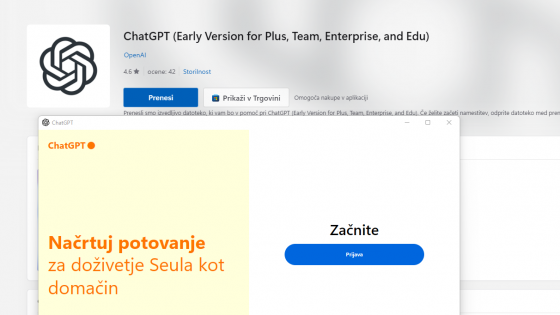Google competes with Duolingo with new language learning features

The new language learning feature is designed for both beginners who are just learning the basics and advanced users who want to improve their vocabulary. Users can select the “practice” option in the app, set their level of proficiency and goals, and Google Translate will then create personalized listening and speaking exercises for them. These will adjust based on their progress and record their results daily.
By including these options, Google is directly competing with the popular Duolingo app, which has been using gamification to learn more than 40 languages for years. The beta version is available on the Android and iOS app, and will initially be available for English speakers to practice Spanish and French, and for Spanish, French and Portuguese speakers to practice English.
Live translation
Google Translate will now also enable more fluid two-way conversations with audio and screen translations in more than 70 languages, including Arabic, French, Hindi, Korean, Spanish and Tamil. The “Live translate” feature allows users to simply speak in their own language, and the app will automatically translate and display the text in both languages, reading it aloud.
What makes this feature special is that it recognizes pauses, accents, and intonation, creating a more natural conversation. It uses Google's advanced speech recognition models, which can isolate sounds even in noisy environments like restaurants or airports.
For now, live translation is available to users in the US, India and Mexico, with expansion to other markets expected later. Google explains that these upgrades are possible due to advances in artificial intelligence and machine learning. By incorporating its Gemini models into Translate, they have improved the quality and speed of translations, and added multimodal translation capabilities and advanced speech synthesis.
Google estimates that people translate about 1 trillion words every day through its Translate, Search, Lens, and Circle to Search services. With the new features, the company hopes to further reduce language barriers and enable better cross-cultural connections.






























